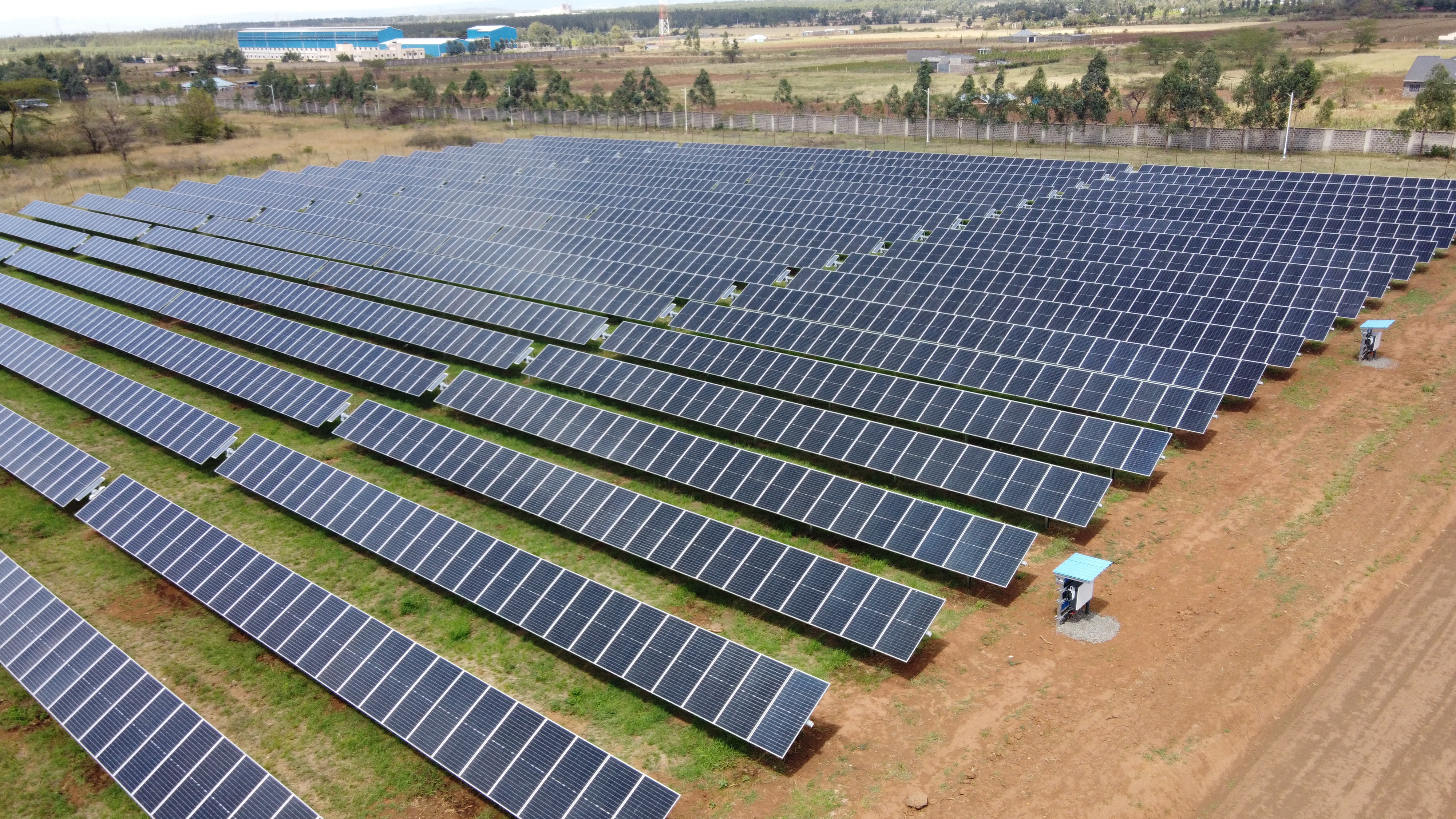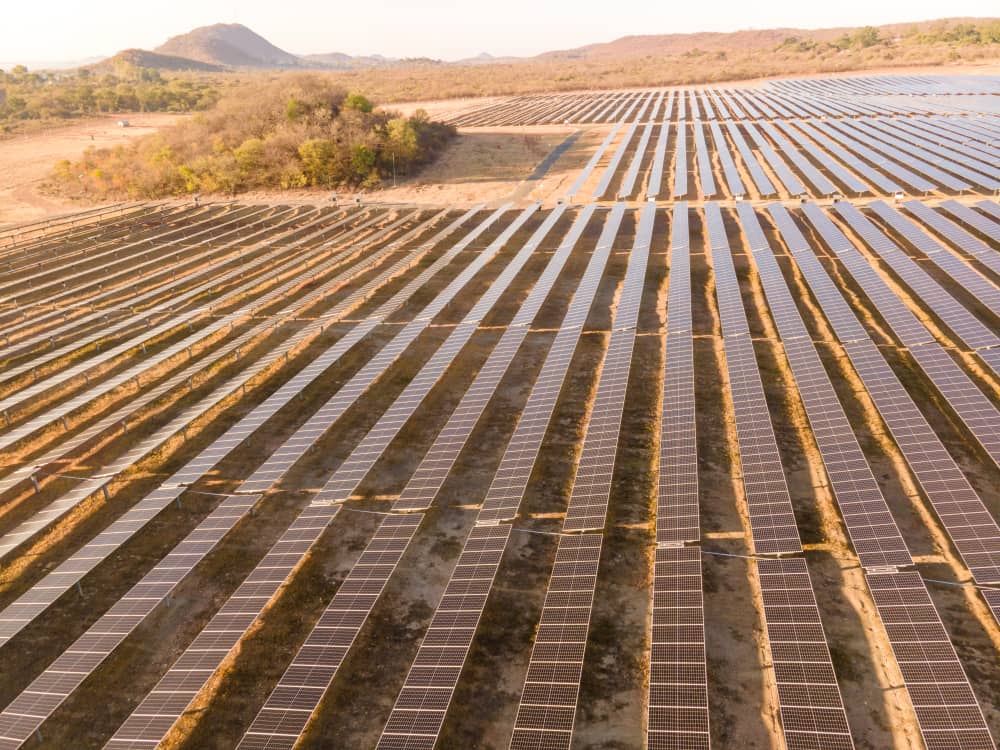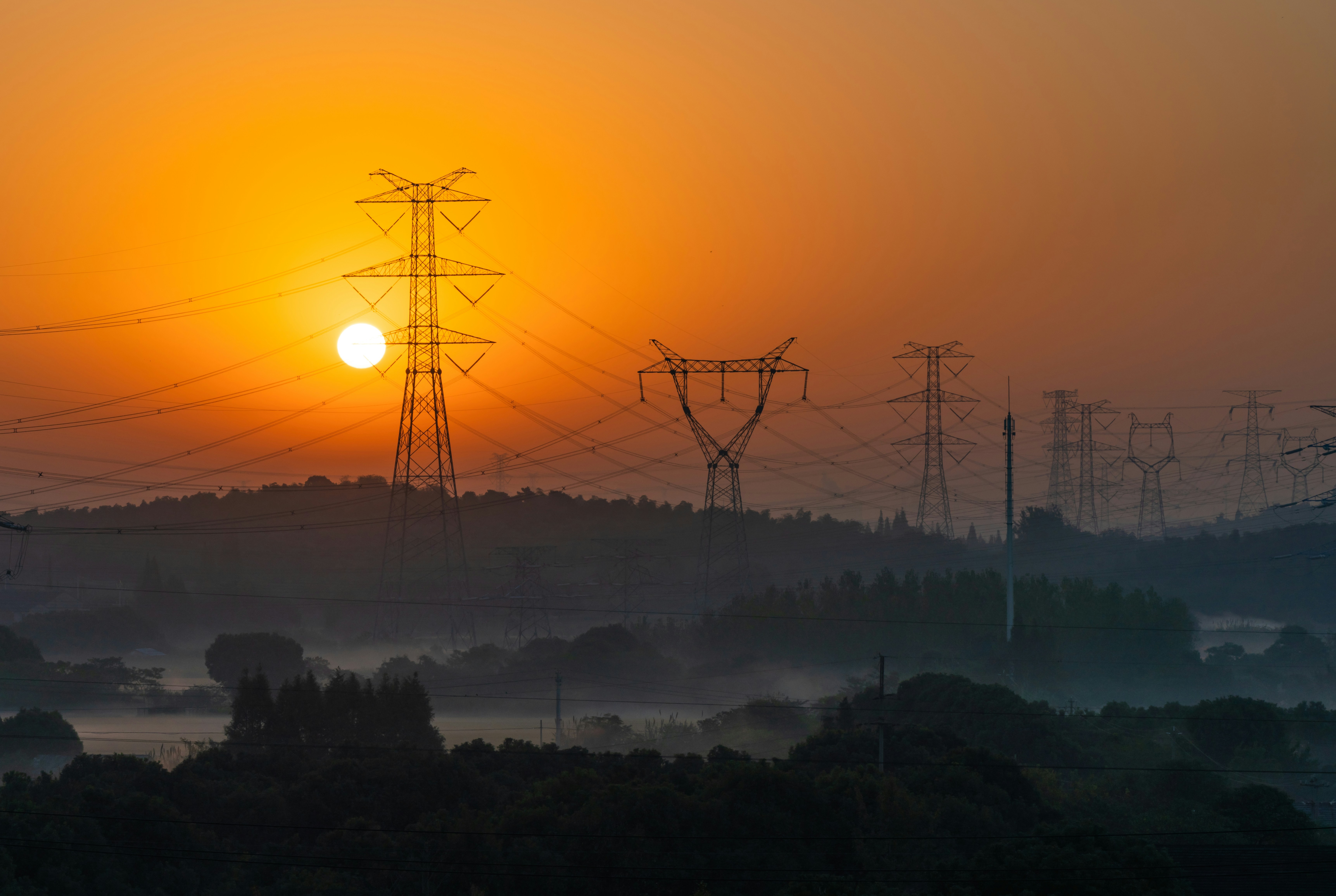
In Africa, industrial enterprises struggle to access affordable power – but distributed energy technology is changing the game
For Africa to industrialize, stable and affordable power is needed. Distributed, clean energy systems offer a solution to bolster the industrial sector and enable businesses to focus on production-critical outcomes, rather than just keeping the lights on.
For Africa to industrialize, stable and affordable power is needed. Distributed, clean energy systems offer a solution to bolster the industrial sector and enable businesses to focus on production-critical outcomes, rather than just keeping the lights on.
In Africa, the challenge of industrial growth is often hindered by the lack of affordable and reliable electricity. Costs for electricity consumption can vary but are generally higher in Africa compared to other global regions. According to the World Bank, West Africa has an electricity access rate of 52%, with outages reaching up to 80 hours each month, and the costs can rise to $0.25 per kilowatt-hour—twice the global average. Such frequent power cuts come at a significant economic cost. For example, in sub-Saharan Africa, a 1% increase in the duration of power outages correlates with a 2.86% reduction in gross domestic product (GDP), resulting in an approximate loss of US$28 billion in GDP.
Africa needs to industrialize to grow its economy, and it has a great opportunity to do so. With its young population, endowments of critical minerals, evolving regulatory frameworks, and the capacity to play a role in future-proofing supply chains, Africa can position itself as a competitive player in the global industrial economy. Nevertheless, securing dependable, cost-effective, and clean sources of energy continues to be a problem for manufacturers of all sizes.
In Nigeria, for example, nearly half of its population is linked to an insufficient national power grid. Consequently, many sizeable Nigerian industrial operations—from cement and steel production to mining—depend primarily on diesel generators. These generators incur nearly four times the expenses compared to regular electricity rates per kilowatt-hour in the country. Such elevated energy expenditures greatly increase operational costs, restrict self-financing capacities, and compromise the overall productivity of industrial activities. Additional side effects, such as health risks, noise and air pollution, and carbon emissions, impact operational sustainability and local populations.
The prohibitive costs and carbon emissions of diesel generators are encouraging businesses to adopt renewable-led Distributed Energy Resources (DERs) like solar PV and energy storage systems. A renewable-led DER system can reduce the electricity tariffs by 15 – 30%, depending on the setup of the system, providing more stable, reliable, and affordable power than what can be provided by national grids.
For some companies, buying into renewable energy self-generation through a zero-capex solution enables quick deployment of a strategic operational initiative. The Devki Group, a Kenyan company that produces steel, cement, and other industrial products, has partnered with CrossBoundary Energy to roll out various renewable energy plants across its operations. Its National Cement factory in Nakuru incorporates a 2.25 MWp ground-mounted solar PV system, and at its Maisha Packaging facilities in Nakuru and Lukenya, solar PV systems totaling 2 MWp in size supplement the operational power needed to produce industrial-grade packaging and bags. These quickly-deployed, fully financed energy systems enable immediate cost savings and reduce energy impact on manufacturing margins.
For Nigerian Breweries, energy systems operating at its Ibadan and Ama Breweries supply approximately 10 GWh annually at a great discount to the cost of thermal power generation. Those integrated energy systems, which include 7 MWp from solar PV and 4 MWh from battery storage, are expected to reduce CO2 emissions by about 100,000 tonnes over their lifespan. With power availability guarantees and regular maintenance, these two sites can increase their production output while achieving their targets for reducing carbon emissions.
From a financing perspective, however, the capital outlay required to install distributed energy systems remains prohibitive for many industrial operations. In response, private renewable energy-led utilities provide alternative solutions to industrial clients. CrossBoundary Energy, the company that owns and operates the systems for Nigerian Breweries, fully finances the development and construction of hybrid energy systems and operates them under power purchase agreements or other financing structures. This allows industrial businesses to access DER systems without funding them out of their balance sheet.
Yet companies that provide fully financed energy solutions can themselves be wary of entering unstable investment environments. Power purchase agreements typically adopt fixed USD-linked tariff structures that cover the cost of capital and expertise to implement, operate, and maintain a facility optimally. In Nigeria, tariffs are typically denominated in USD as investments are realized in USD, though they are paid in Naira.
Fortunately, customized financing structures can help manufacturers adopt renewable technologies at scale, even in these challenging geographies. In Nigeria, where currency volatility is a primary concern for businesses and investors alike, a fixed USD-linked tariff structure will likely be unappealing for corporate management. Hence, CrossBoundary Energy has developed hedging options and floating tariff structures that change based on the market factors within the country, derisking power purchase agreements for industrial businesses in Nigeria. These financial strategies offer a predetermined percentage reduction to the average cost of power, enabling industrial businesses to secure savings even if grid/thermal power prices fall.
Affordable and reliable power is important in another industrial sector in Nigeria – mining. Despite its relatively modest impact on Nigeria’s Gross Domestic Product (GDP)—currently under 1% in 2023—the Nigerian mining industry is experiencing growth, with government efforts to increase its GDP contribution. In 2016, the Nigerian Ministry of Mines and Steel Development released a restructured growth and development blueprint for the sector to address the principal hurdles facing the industry and set forth plans for the swift expansion and use of essential minerals and metals and expand the sectors GDP contribution to roughly 10% by 2026.
A critical element for investors to support the development of a mining project is access to a highly reliable and affordable source of energy. Mining sites are generally remotely located, and they rely on thermal captive power systems. However, whilst this reliance to thermal power generation is still the norm, energy service utilities like CrossBoundary Energy are enabling mines to incorporate renewable energy in their power mix, making projects more attractive for investors by improving their all-in sustaining costs and achieving their carbon-reduction targets.
In Fort Dauphin, Madagascar, Rio Tinto’s QMM mineral sands mine has a renewable-led DER facility which is currently under expansion. Once completed, the 30 MW energy system will provide the minerals producer with around 56% of its electricity needs from renewable energy. This will enable Rio Tinto to not only make a substantial saving on its diesel generation costs but also adhere to the company’s global carbon reduction targets. Isabelle Wabete, the Managing Director of the mine, has emphasized that the renewable energy system allows the mine to play a role in addressing climate change in Madagascar.
Given the context of grid instability, high costs of power, and the imperative to decarbonize, the rollout of renewable-led DERs could be exactly what Africa needs to boost the growth of its industrial sector. Where operational cost saving is imperative, zero-capex renewable energy solutions can provide quick savings for industrial businesses. Even in difficult economic conditions, companies like CrossBoundary Energy can offer innovative financing solutions like floating tariffs, providing comfort to business planners and investors of stable costs of energy. In companies with ambitious carbon-reduction goals, renewable-led energy solutions are now also reliable and affordable.
For Africa to industrialize, stable and affordable power is needed. Distributed, clean energy systems offer a solution to bolster the industrial sector. Examples of these energy solutions that allow industrial businesses to focus on production without worrying about reliable power supply already exist. Ensuring that these distributed energy systems are financed and constructed by experienced energy utilities will, in turn, enable businesses to focus on production-critical outcomes, rather than just keeping the lights on.
This article first appeared in Corporate Africa magazine. Click here to view the publication.



